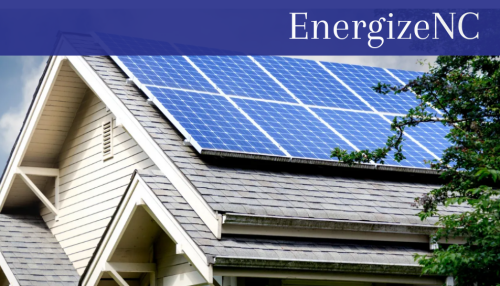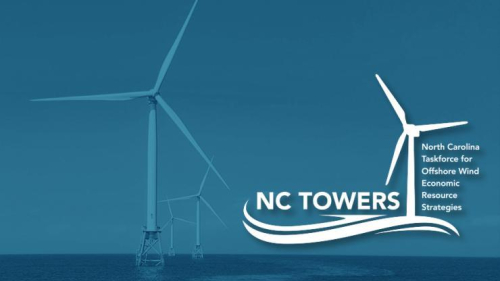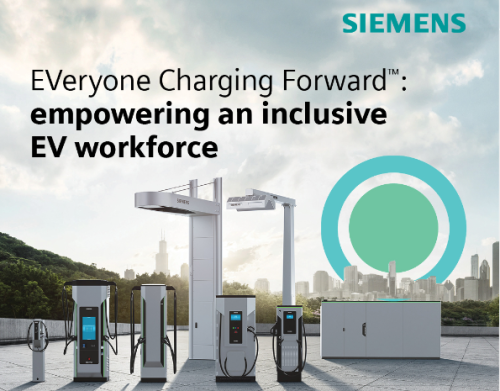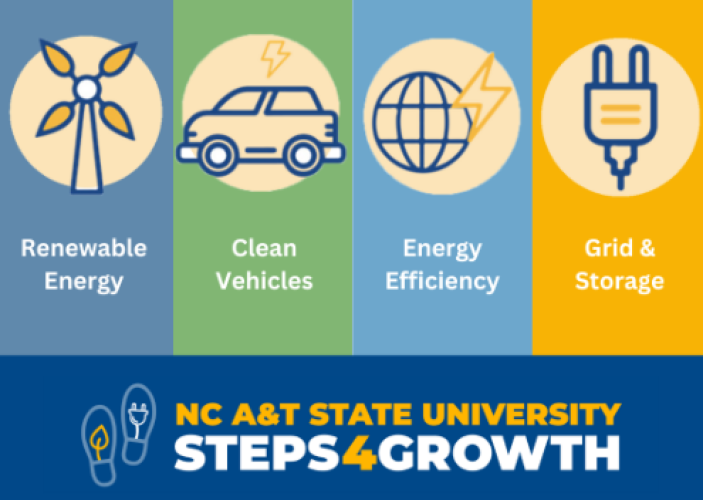Clean Energy in North Carolina
Fuel the Future.
Power Your Career.
Become part of NC’s Clean Energy evolution.
Learn More.
Clean Energy Employment in NC
North Carolina's clean energy workforce ranks 9th among all states.
Half of all energy jobs in North Carolina are in CLEAN ENERGY.
OEWS 2022 estimates, released Spring 2023, NC Statewide
NC Occupational Employment Projections, 2021-2030 Statewide
NC Occupational Employment Projections, 2021-2030 Statewide
NC has the 8th largest renewable energy workforce in the U.S, the 7th largest energy efficiency workforce in the U.S., the 8th fastest growing storage and grid sector in the U.S. and the 6th largest biofuels workforce in the US.
Clean Energy in NCFrom the Governor’s Office
Government and PolicyThe Latest in North Carolina

Under Governor Cooper’s Leadership, North Carolina Has Become the Epicenter of the Clean Energy Economy

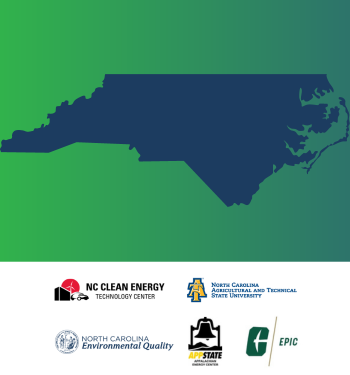
Clean Energy NC Initiatives
Find Clean Energy Jobs
Search NowFeatured Employers
Blue Ridge Power
Established in May 2021, Blue Ridge Power is a full-service EPC (Engineering, Procurement, Construction) company for solar and solar + storage projects in the United States.
Duke Energy
Duke Energy is executing an ambitious clean energy transition, keeping reliability, affordability and accessibility at the forefront as the company works toward net-zero methane emissions from its natural gas business by 2030 and net-zero carbon emissions from electricity generation by 2050.
Siemens
From more resource-efficient factories, resilient supply chains, and smarter buildings and grids, to cleaner and more comfortable transportation as well as advanced healthcare, the company creates technology with purpose adding real value for customers.



